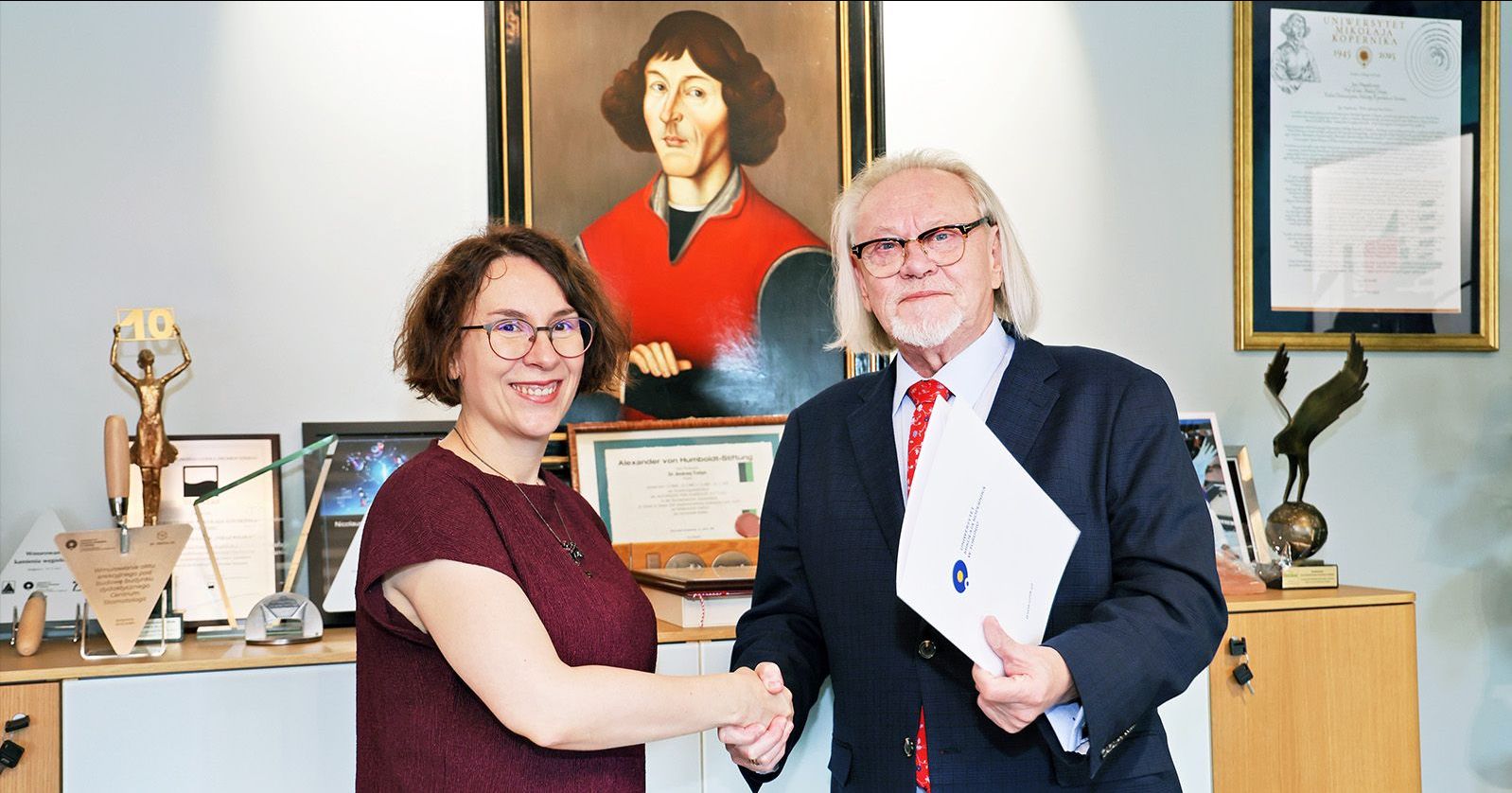 Campus life
Campus life
New Deputy Rector
Dr Agata Karska from the Interdisciplinary Centre for Modern Technologies has been appointed as Deputy Rector for Rankings.
In view of the growing importance of international rankings and national assessments of the quality of scientific and teaching activities, the Rector of Nicolaus Copernicus University, Prof. Andrzej Tretyn, decided to appoint a new deputy for rankings, whose task will be to coordinate the university's activities in this area. On Monday, 13 October, he appointed dr Agata Karska from the Interdisciplinary Centre for Modern Technologies to this position, emphasising her extensive experience in international cooperation, her excellent knowledge of the specifics and methodology of academic rankings, and her competence in effectively supporting the process of building the university's position and reputation both nationally and internationally.
The main responsibilitieseputy of the new Deputy will include:
- monitoring the methodology of university rankings, as well as the rules and criteria for comprehensive evaluation of scientific units in Poland;
- developing proposals for systemic solutions aimed at improving the university's position in key international rankings;
- identifying and recommending to the rector high-quality international partnerships that enable the development of broad institutional cooperation and contribute to the growth of the university's reputation;
- cooperating with the Research and Project Support Department and the Science and Projects Department of the Collegium Medicum in order to optimise the collection and processing of data for the purposes of rankings;
- representing the university at events related to foreign rankings.
Dr Agata Karska's term of office in this position will last until 31 August 2028.
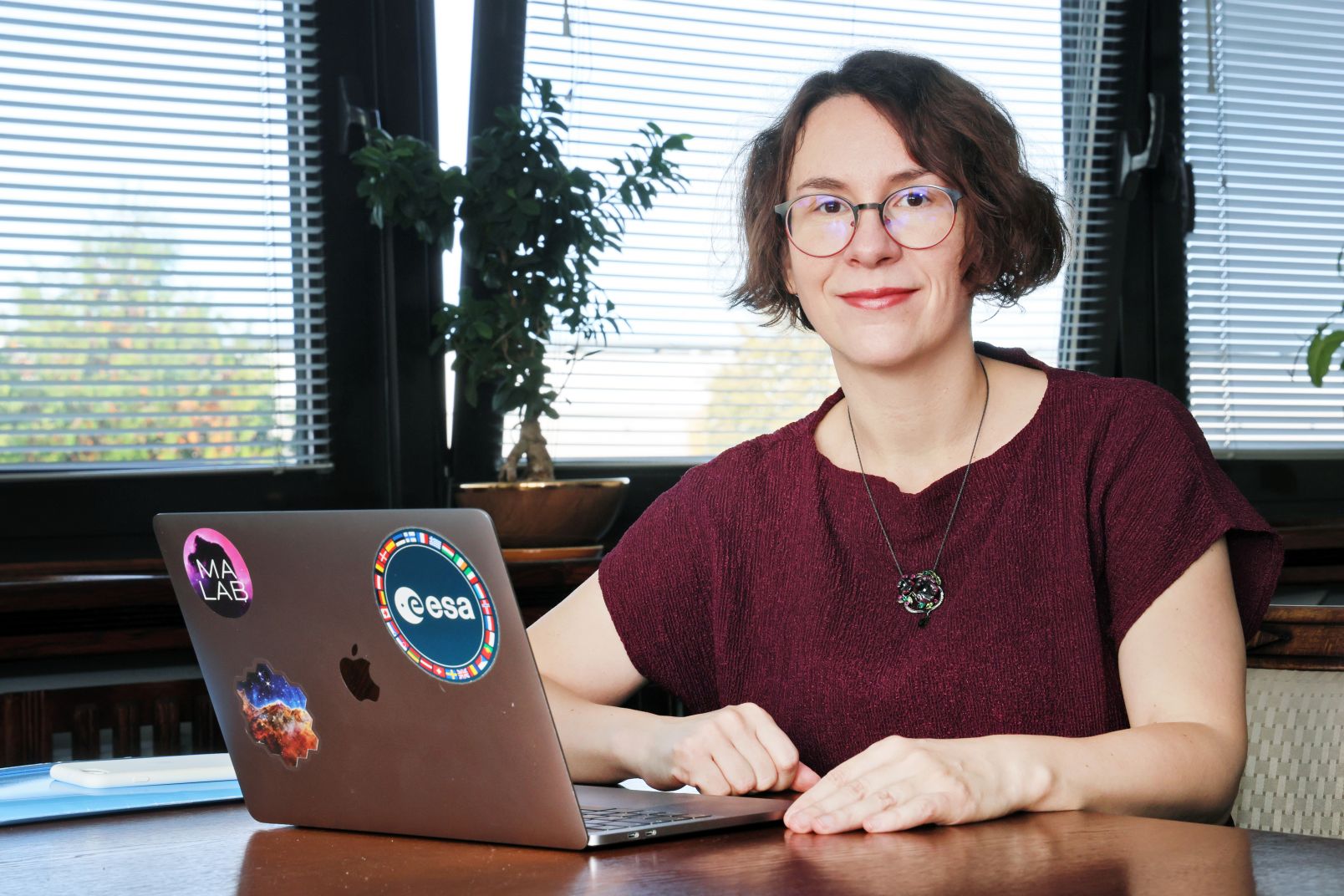 Since October 2025, dr Agata Karska has been managing the grant 'Extreme conditions of star formation in local environments with low metallicity' at the NCU Interdisciplinary Centre for Modern Technologies. She has been associated with the Nicolaus Copernicus University for many years. In 2009, she was named the Best Graduate of the Nicolaus Copernicus University. She then pursued doctoral studies at the International Max Planck Research School in Garching near Munich and defended her doctoral thesis at the University of Leiden in 2014. She is a laureate of the 'For Women in Science' award from L'Oreal, UNESCO and the Christine Nusslein-Volhard Foundation in Germany (in 2012) and the 'Polityka' Scientific Award in the category of exact sciences (in 2015). In 2017-2020, she received a scholarship from the Minister of Science and Higher Education for outstanding young scientists. For her work in the field of university internationalisation, she received the 'Stars of Internationalisation' award (2019) and the Minister's award for outstanding organisational achievements (2020).
Since October 2025, dr Agata Karska has been managing the grant 'Extreme conditions of star formation in local environments with low metallicity' at the NCU Interdisciplinary Centre for Modern Technologies. She has been associated with the Nicolaus Copernicus University for many years. In 2009, she was named the Best Graduate of the Nicolaus Copernicus University. She then pursued doctoral studies at the International Max Planck Research School in Garching near Munich and defended her doctoral thesis at the University of Leiden in 2014. She is a laureate of the 'For Women in Science' award from L'Oreal, UNESCO and the Christine Nusslein-Volhard Foundation in Germany (in 2012) and the 'Polityka' Scientific Award in the category of exact sciences (in 2015). In 2017-2020, she received a scholarship from the Minister of Science and Higher Education for outstanding young scientists. For her work in the field of university internationalisation, she received the 'Stars of Internationalisation' award (2019) and the Minister's award for outstanding organisational achievements (2020).
She headed the Molecular Astrophysics Lab (MA-LAB) research group funded under the First TEAM programme of the Foundation for Polish Science. She also carried out projects funded by the National Science Centre (SONATA) and the National Agency for Academic Exchange (International Academic Partnerships). From April 2019, dr Agata Karska served as the Deputy. Rector for Scientific Excellence, and then, from November 2019 to 31 August 2020, as the Deputy Rector for the implementation of the research university strategy. From November 2019 to September 2020, she was the chair of the team coordinating the implementation of the research university strategy. In the 2020-2022 term, she was a member of the 12-person Scientific Policy Committee appointed by the Minister of Science and Higher Education. She was also the director of the University Centre of Excellence 'Astrophysics and Astrochemistry' and, in 2021-2024, a member of the University Council.
For the last three years – from 1 August 2022 to 31 June 2025 – she worked at the Max Planck Institute for Radio Astronomy in Bonn, Germany. The first year of her research stay was funded by a Bekker NAWA scholarship, and for the next two years she served as coordinator of the Association for Dense Radio Astronomy, which operates at the Institute.
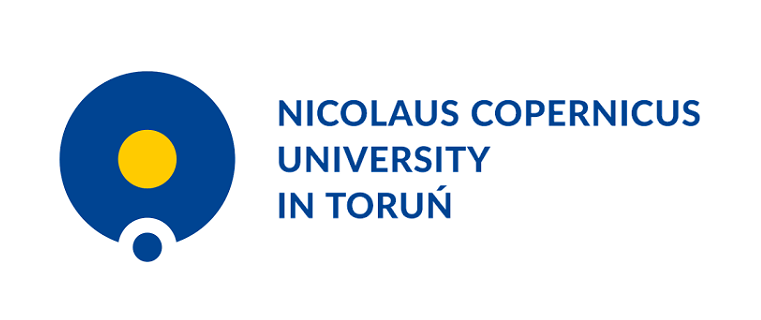 NCU News
NCU News






 Campus life
Campus life
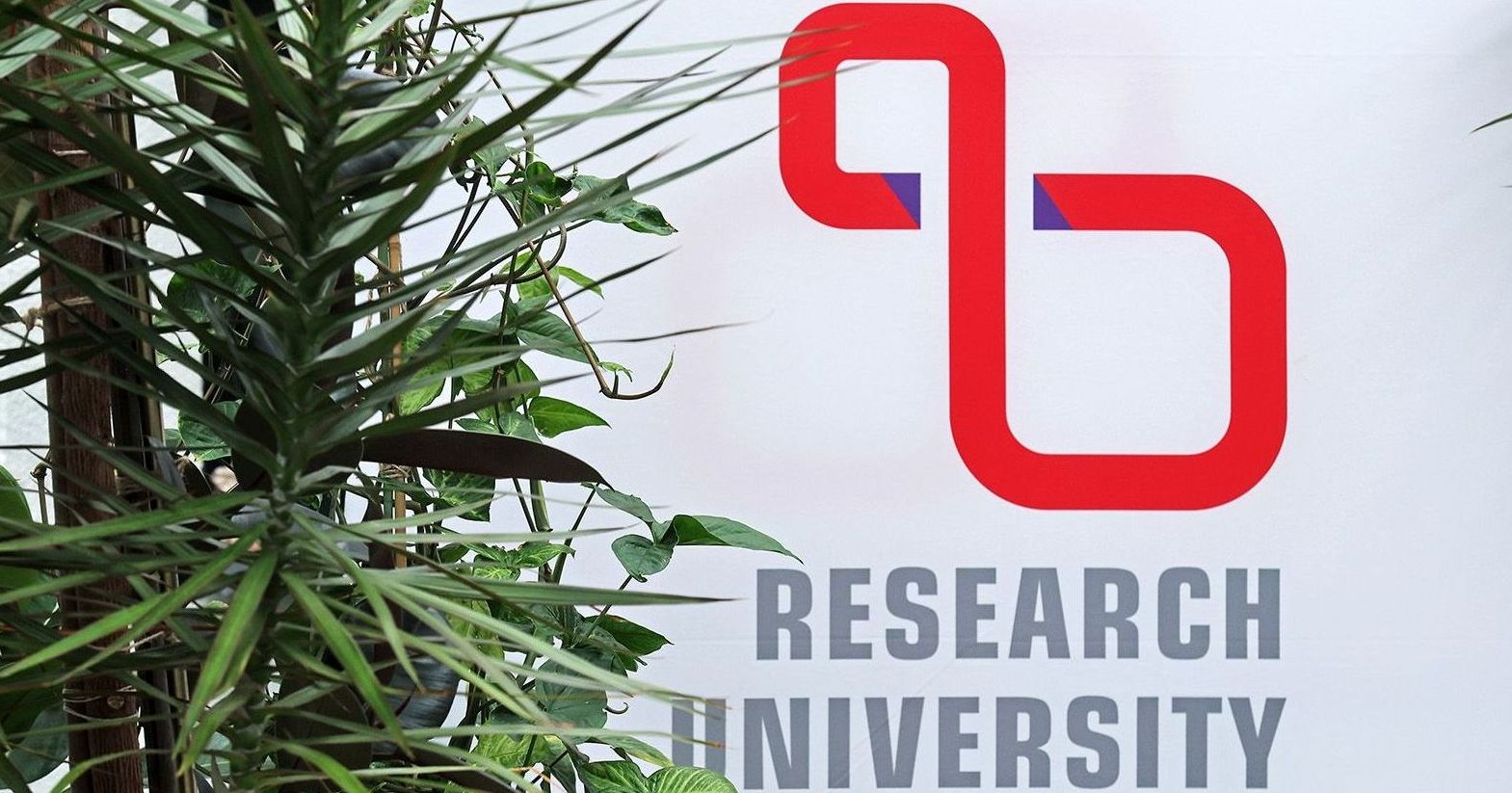 Campus life
Campus life
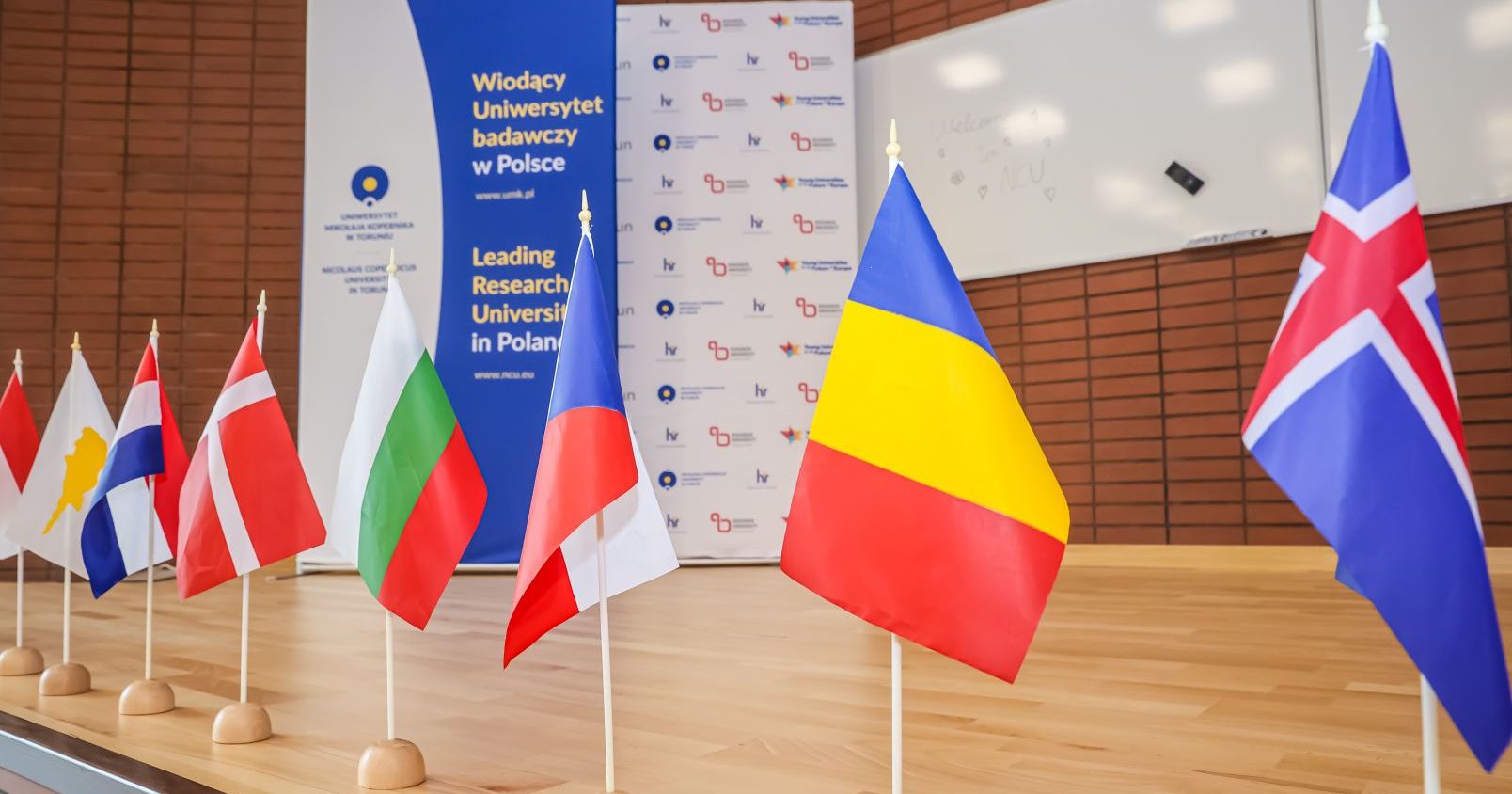 Campus life
Campus life
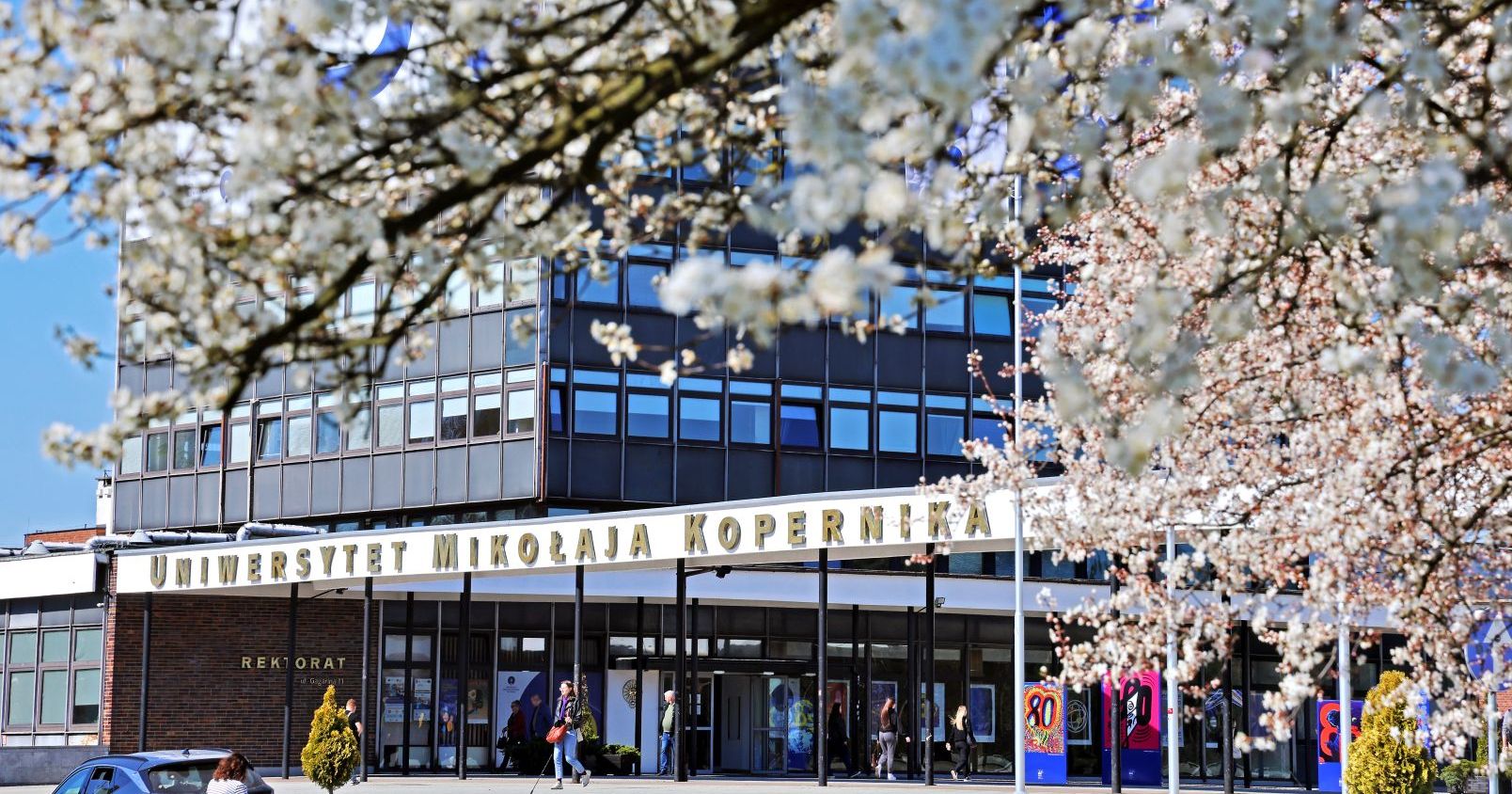 Campus life
Campus life